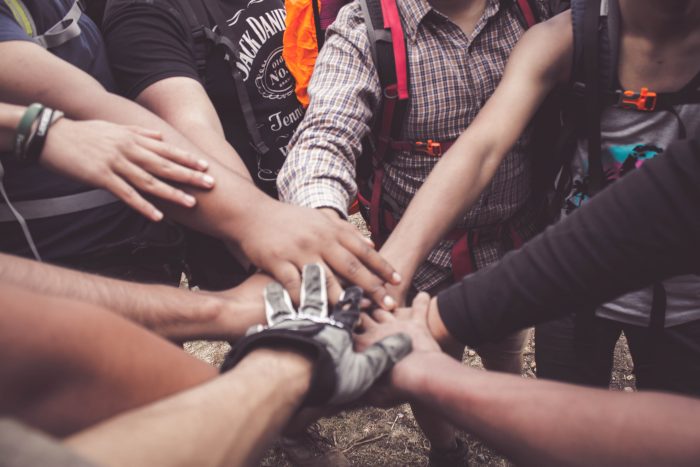During the COVID-19 pandemic, just about everyone is struggling to some degree. Some people have lost their jobs or don’t have access to the social services and support they rely on. Parents are trying to cope with their children being home from school, especially if they need to go to work and don’t have childcare.
Communities that were already vulnerable before COVID are struggling the most right now. These communities are experiencing high rates of infection, may live in close quarters, and may lack access to healthy food, quality medical care, internet access, and air conditioning.
Diverse families are suffering due to the pandemic. Vulnerable youth, in particular, are in danger of going hungry, having disruptions in their education, and suffering from mental and physical health issues. If you want to help young people who have been affected the most by the pandemic, here are 5 ways your community can make a difference.
Online Children’s Literacy Games
Children and youth who are struggling right now may be falling behind in school, due to changes in school operations, their home situation, and other factors. It is crucial to help children and teens keep up during this time and develop key literacy skills. Low literacy can jeopardize a child’s future, reducing their opportunities and well-being in many different ways.
Schools can only do so much to engage kids and help them overcome obstacles. Communities can help supplement school instruction by offering online programs like literacy games that are fun and easy to play. This is especially helpful in communities with large immigrant populations and youth speaking English as a second language.
Online Mental Health & Wellness Workshops
Vulnerable youth often struggle with trauma, anxiety, PTSD, depression, and other mental health concerns. These conditions may be exacerbated by the pandemic, especially if they are unable to access trained mental health professionals.
Communities can help by offering online mental health and wellness workshops to families that need them. Counselors can offer strategies for coping with common mental health concerns, like anxiety, and allow participants to ask questions anonymously.
Even if your community can’t offer one-on-one support, these types of workshops can make a difference and help vulnerable youth deal with the stressors in their lives in a safe and productive way. There are lots of youth mental health resources available online that communities can use to plan workshops.
Offer Free Meals for Children
Many people in communities all over the country are experiencing food insecurity, especially in areas with food deserts that are having issues with transit. Vulnerable youth may not have access to adequate nutrition or healthy, regular meals. The good news is that communities can and should step up to feed children.
Offering free meals for children isn’t difficult when the community works together to donate food and time. It’s very important to ensure that homeless and low-income youth get the nutrition they need to grow and develop properly. There are national resources for finding meals for people who need food assistance, including the National Hunger Hotline (1-866-348-6479 or 1-877-842-6273 for Spanish) and the USDA Meals for Kids Site Finder. Due to the pandemic, meals can be picked up and eaten at home, rather than onsite, to reduce the risk of spreading COVID-19.
Promote Online Counseling Apps
Online counseling has been on the rise during the pandemic. While it’s not quite the same as seeing a mental health professional in person, online counseling apps have been a lifeline for people who are struggling with mental health conditions, experiencing chronic stress, or coping with intense grief.
Vulnerable youth don’t usually have the ability to opt out of their circumstances. They need support to ensure their safety and well-being during the pandemic. Right now, some of the best solutions are online, and it’s up to communities to spread awareness and point families to these resources.
Free Youth Checkups for Vulnerable Children
Children and teens who don’t have access to quality medical care are at risk, especially during the pandemic. It’s important to ensure that all young people get regular checkups and have the ability to seek medical care if they need it. Communities need to be prepared to offer free checkups to those who cannot pay.
Communities have a responsibility to their youngest and most vulnerable residents. Whether it’s a free meal or a consultation with a counselor, these resources make a difference. Children deserve our protection, and we need to step up for them during the pandemic and beyond.












Read 0 comments and reply